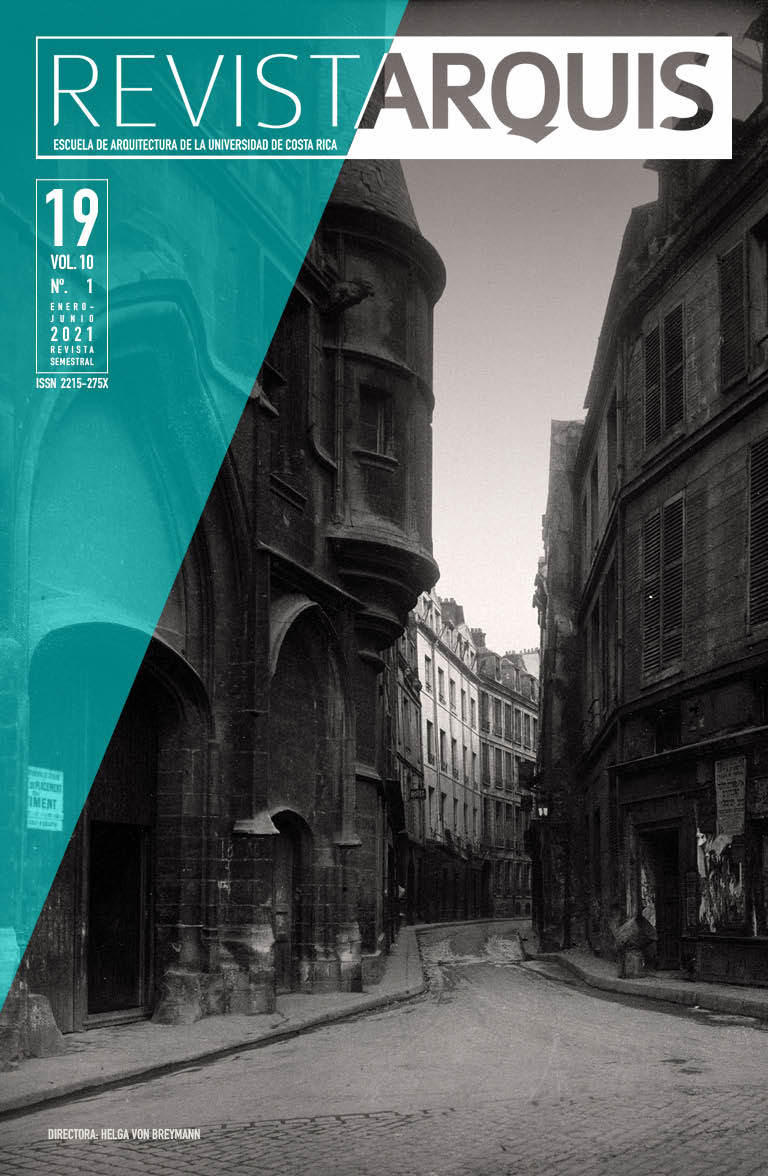Abstract
The images of cities without people, which we recent haven seen in many parts of the world, because of the COVID 19 Pandemic, do not show us anything totally new, as the symbolic and material death of the city threat us since long time ago. This article explores, from the contributions of diverse authors, sciences and social disciplines, on the real and virtual death of the city, as well as on the loss of attributes that define the city as such: the concentration and diversity of places that permit social meetings and the neighborhood relations; the proximity, coexistence, solidarity and conflict between diverse peoples and agents; the social and economic mix; the cultural diversity; the mix of activities and land uses; as well as the political community of citizens who govern and decide on public affairs. The article reviews the various social, economic and political causes that, with the consolidation of the neoliberalism as doctrine as well as economic system, have eroded the city as a concept, way and place of life.

